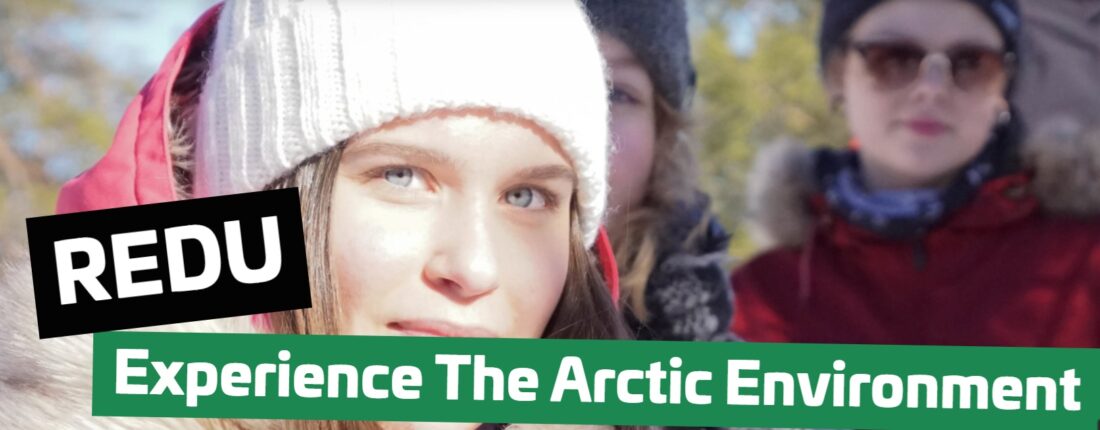Best Practice from Finland: Lapland Education Center
A new training model is developed in industry collaboration to respond to the labour shortage and ensure the integration of foreign employees in the Lappish tourism and restaurant industry.
Background information
The tourism and restaurant industry in Lapland is experiencing labour shortages. The COVID-19 pandemic has worsened the availability of the labour force and the COVID-19 pandemic further aggravated the situation. Employers have been trying to solve this problem by attracting foreign seasonal employees to work in Lapland. Their training has been solely the responsibility of the employers. This has led to cases where employees have not been treated well, and their salary has not been in line with the collective agreement.
The new training model enables the start of tourism training in English-language at Lapland Education Centre REDU. Together with employers in the region, Lapland Education Centre REDU is designing English-language degrees for Lapland’s tourism industry, which will guarantee the skills of employees moving to Lapland. The model fills the employees’ skills gaps, such as local knowledge and understanding of Finnish working life.
Key principles
Lapland Education Centre REDU is implementing a project for foreign employees to support them in their studies and integrate them into the tourism and restaurant industry and its workplaces in Lapland. The key activity is to develop a new training model in collaboration with the industry that combines vocational degrees/qualifications implemented in English based on the needs of working life in cooperation with employers in the area. In addition to vocational skills, the studies include local knowledge, working life skills, and the teaching of the Finnish language and culture.
Examples and case studies
In the project,
1. First, the training and skill needs of the foreign employees are mapped. The target group’s Finnish language and cultural skill needs are also mapped.
2. The designed training packages are piloted with the target group and the tourism and restaurant industry.
3. Student guidance is developed paying attention also to the Finnish language skills and knowledge about the Finnish culture and working life. A model is created, which supports participants to progress in their studies and integration to the working life.
Benefits and outcomes
With the help of training, seasonal employees will know their rights and responsibilities and possibly stay working in tourism in Lapland. This way, employers would not have to hire new staff every year.
Responsibility and accountability
The model is developed by Lapland Education Centre REDU and financed by The Service Centre for Continuous Learning and Employment’s (SECLE).
References and external resources
For more information, visit the website REDU




No Comments